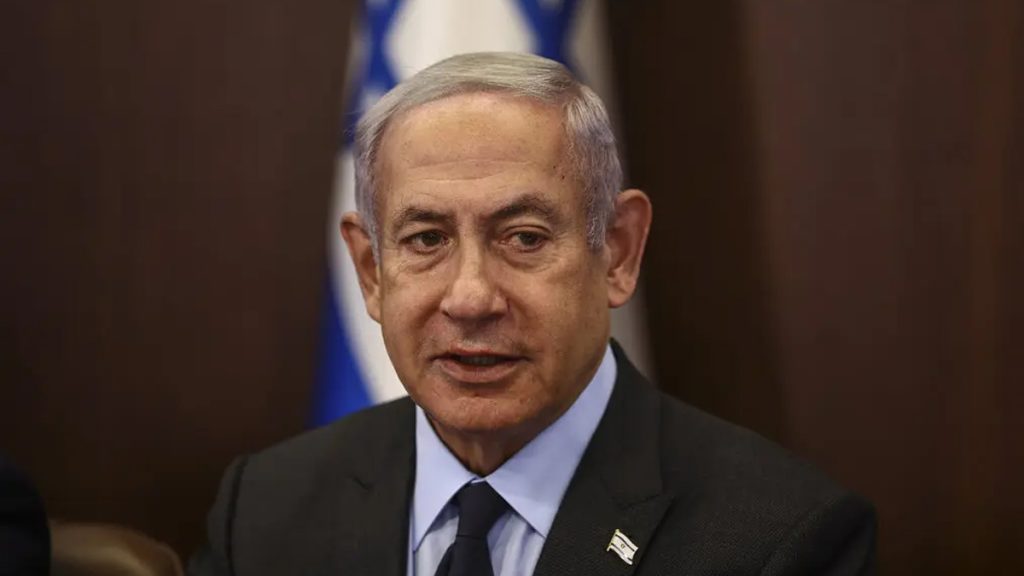Istanbul — Turkey’s public prosecutor’s office has issued an arrest warrant against Israeli Prime Minister Benjamin Netanyahu, accusing him of involvement in war crimes and crimes against humanity committed in Gaza. The order also includes 37 senior Israeli officials who now face legal action.
According to the prosecutor’s office, Defense Minister Israel Katz, National Security Minister Itamar Ben-Gvir, and Chief of Staff Eyal Zamir have also been named in the indictment for genocide and crimes against humanity.
Citing CNN, Turkish authorities claim that these officials were directly involved in several attacks in Gaza, including the strike on a humanitarian aid convoy heading toward the besieged territory.
Israel has sharply condemned Turkey’s move, describing it as politically motivated. Israeli Foreign Minister Gideon Sa’ar said, “President Erdoğan has turned this case into a propaganda tool for his own political interests.”
The Hamas movement, on the other hand, welcomed Turkey’s decision. In a statement, Hamas said, “This step reflects the Turkish people’s commitment to justice and their leadership’s deeply human values.”
Analysts say the decision has raised new questions about Turkey’s role in the planned multinational peacekeeping mission in Gaza, known as the International Stabilization Force (ISF), being developed under a U.S.-brokered ceasefire framework. Muslim-majority nations met in Istanbul earlier this week to discuss the formation of the force, which is expected to train a new Palestinian security apparatus and help maintain long-term stability in Gaza.
Last year, the International Criminal Court (ICC) also issued an arrest warrant against Netanyahu on similar charges of war crimes. As Gaza’s humanitarian crisis deepens, Turkey’s latest legal step is being viewed as a move that could further strain regional diplomacy and power dynamics across the Middle East.






